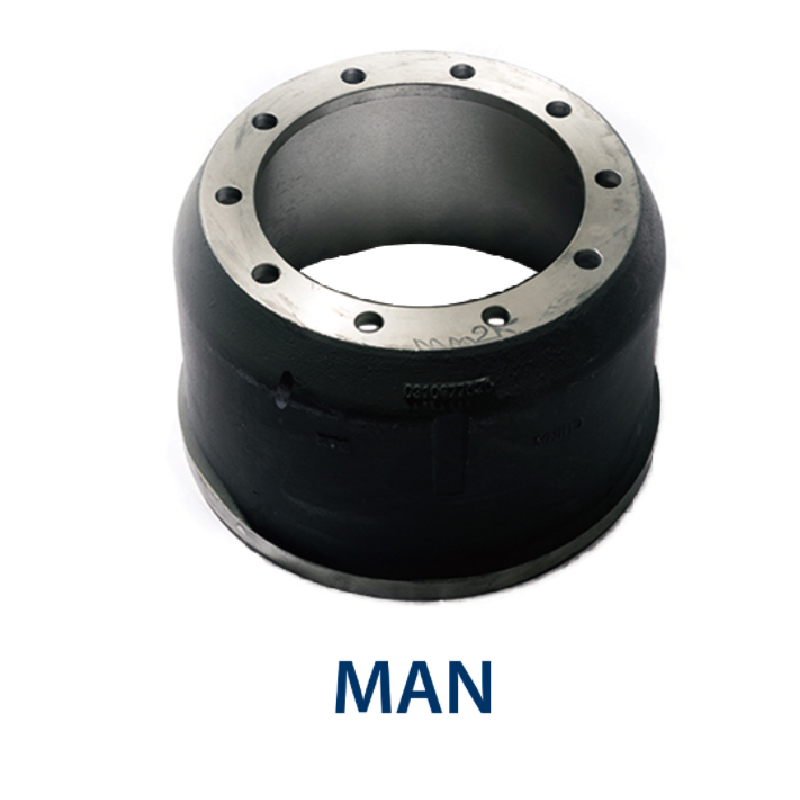Aug . 30, 2024 23:20 Back to list
brake drum vs disc
Brake Drum vs. Disc Understanding the Differences and Applications
When it comes to vehicle braking systems, two primary types dominate the market drum brakes and disc brakes. Each has its own set of advantages, disadvantages, and specific applications, which play a crucial role in vehicle performance and safety. Understanding the differences between these two systems can help in selecting the right brakes for your vehicle or understanding the maintenance needs of your current system.
Construction and Mechanism
Drum brakes consist of a cylindrical drum connected to the wheel, with brake shoes that press outward against the drum's inner surface to create friction and slow the vehicle. This design has been around for decades and is known for its simplicity and effectiveness, particularly in lower-speed and lighter vehicles. On the other hand, disc brakes operate with a flat disc that rotates with the wheel. When the brake pedal is pressed, hydraulic calipers squeeze brake pads against the disc, generating friction to bring the vehicle to a halt. This setup is more prevalent in modern vehicles due to its superior performance characteristics.
Brake Drum vs
. Disc Understanding the Differences and ApplicationsOne of the main advantages of disc brakes is their ability to dissipate heat more effectively than drum brakes. During heavy braking, drum brakes can overheat, leading to brake fade—where the brakes lose efficiency due to excessive heat. Disc brakes, thanks to their open design, allow for better airflow and cooling, making them ideal for high-performance and heavy-load vehicles, such as sports cars and trucks. This heat dissipation property also means that disc brakes tend to perform better under repeated heavy braking scenarios, providing more reliable stopping power.
brake drum vs disc

Maintenance and Longevity
In terms of maintenance, drum brakes can be more challenging to service since they are enclosed and require disassembly to inspect or replace brake components. In contrast, disc brakes are generally easier to maintain; the pads and rotors are accessible without taking apart the entire system. However, drum brakes do have the advantage when it comes to the lifespan of certain components. For example, the brake shoes in a drum system can last longer compared to brake pads, depending on driving habits and vehicle types.
Cost Considerations
Cost is another factor where drum brakes often come out on top. They are typically more affordable to manufacture and install than disc brakes. For this reason, many budget-conscious or older vehicle models still utilize drum brakes, particularly in rear applications where performance demands are lower.
Conclusion
In conclusion, the choice between brake drums and disc brakes ultimately depends on the vehicle's intended use, performance requirements, and budget considerations. While drum brakes are reliable for certain applications, disc brakes offer advanced performance and safety features that make them the preferred option for modern vehicles. Understanding these differences can guide vehicle owners in making informed decisions regarding brake systems and maintenance.
-
HINO Industrial Solutions - ¡Ң���ຽ��е��������˾ | Advanced Technology&Reliability
NewsJul.13,2025
-
HINO Industrial Efficiency-Jiangsu Hino Industrial|Productivity Optimization&Cost Reduction
NewsJul.12,2025
-
HINO-¡Ң���ຽ��е��������˾|Advanced Industrial Solutions&Energy Efficiency
NewsJul.12,2025
-
Premium Brake Drum Iveco – Durable Drum Brake Drum & Brake Shoe Solutions
NewsJul.08,2025
-
High-Performance Brake Drum Liza for Enhanced Safety Reliable Drum Brake Drum & Brake Shoe Solutions
NewsJul.08,2025
-
High-Quality Brake Drum MAZ – Durable Drum Brake Drum & Brake Drum and Brake Shoe for Optimal Performance
NewsJul.07,2025
